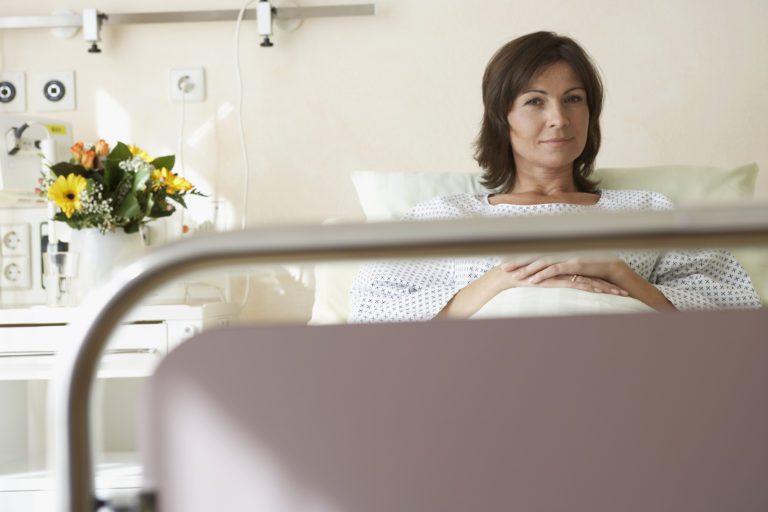STREP (GBS)?
GBS is a common bacteria. In healthy people it generally doesn’t cause symptoms or illness. About 1 in 5 pregnant women have GBS in their intestine, rectum or vagina near the time of birth.
SO WHAT’S THE RISK OF GBS IN PREGNANCY?
The main risk is that if you have GBS you could pass it to your baby during birth. Newborns can’t fight infections like adults. GBS can cause pneumonia or infections in the blood. About 1 in 6 babies who get a GBS infection will have a serious illness, and some of these babies will die.
HOW WILL I KNOW IF I HAVE GBS IF IT DOESN’T CAUSE SYMPTOMS?
The national recommendation for all pregnant women is to get a GBS test about 4 weeks before their due date. Ask your healthcare provider when you will have this test. It’s simple—your provider will swab the outer part of your vagina and also just inside your anus.
WHAT HAPPENS IF MY TEST SHOWS I HAVE GBS?
Your provider will recommend you get an antibiotic in an IV during labor, typically a form of penicillin if you’re not allergic to it. One dose is needed at least 4 hours before you give birth to keep your baby from getting GBS. A full-term newborn has a 1 in 200 chance of getting sick from GBS in the first days of life if mom has GBS in her vagina and didn’t receive antibiotics in labor. That drops to a 1 in 4,000 chance if antibiotics were given during labor.
IF I’VE JUST TESTED POSITIVE FOR GBS, WHY SHOULDN’T I GET TREATED NOW?
GBS is easy to treat when it’s in the vagina but much harder to clear from the intestine with antibiotics. So having treatment before labor means GBS in your intestine could show up in the vagina again when you’re birthing.
WHAT IF I GO INTO PREMATURE LABOR AND I HAVEN’T HAD THE GBS TEST YET?
Because premature babies have even less of an ability than a full-term baby to fight infections, the national guideline is that all women in premature labor be treated for GBS with antibiotics.

Comments are closed.